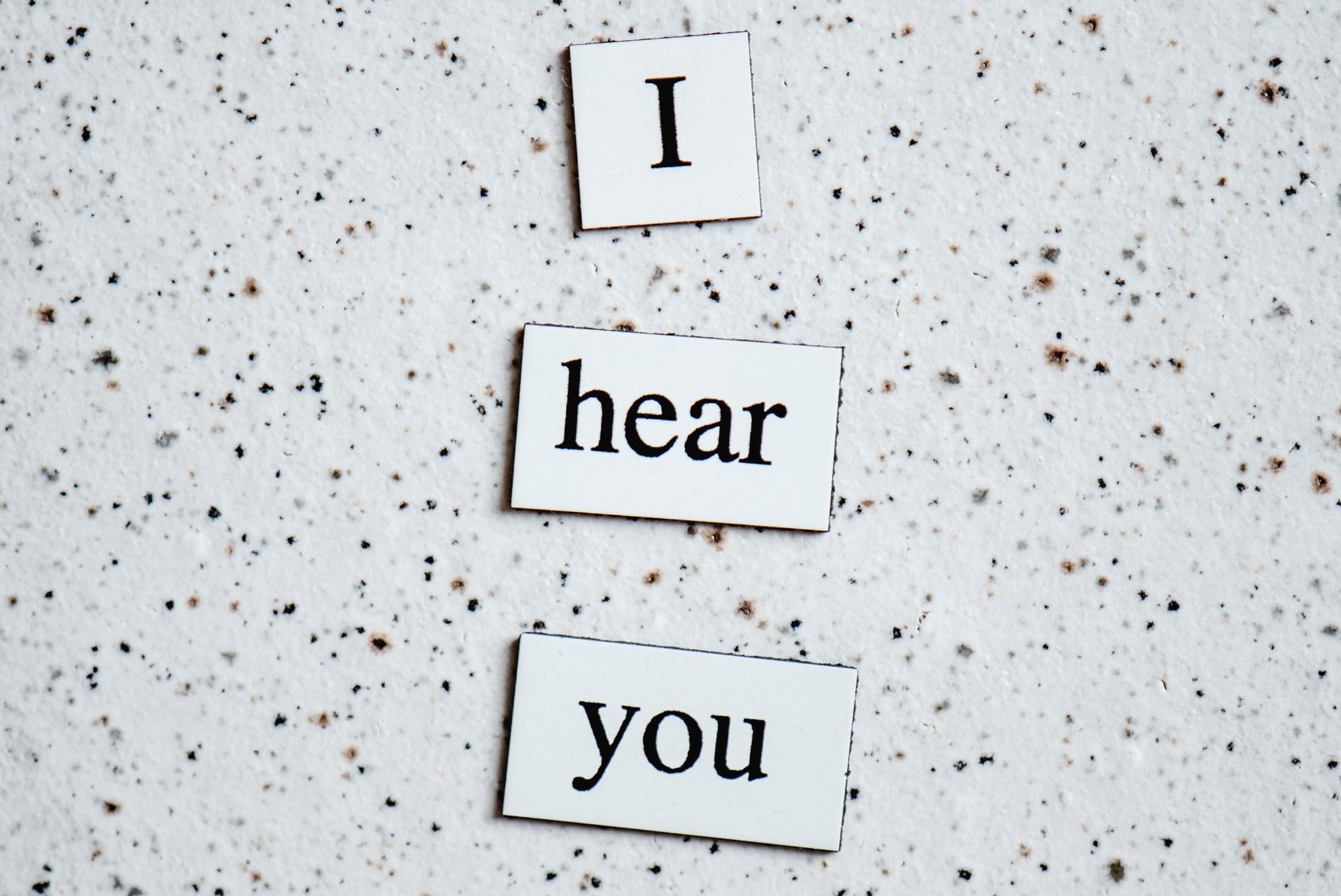
For those looking at complementary therapies to help manage their tinnitus, this article explores natural treatments and remedies for tinnitus.
Contents
Why Choose Natural Remedies?
Many people with tinnitus turn to natural remedies to treat their tinnitus, as an additional therapy, or because they’ve not had any luck with other methods and want to try as many options as possible.
These natural remedies and complementary therapies have many advocates. However, they have mixed success, and the reasons why they’re sometimes effective at treating tinnitus, and sometimes not, aren’t quite clear.
Of course, not all natural remedies are created equal. However, they do have one thing in common. These natural cures can have the backing of anecdotal evidence (and sometimes clinical studies), but there’s still a lot of uncertainty about what role the placebo effect plays in the reported relief from symptoms.
For a treatment to be deemed effective, it must demonstrate that it is more effective than a placebo. This means that a lot of studies of natural therapies for tinnitus render them ineffective (a similar number of people responded equally well to the placebo as to the treatment being tested).
Still, the people experiencing a positive effect from natural treatments are deriving some sort of benefit from the treatment, and this should not be forgotten. Whether the treatment works through a placebo effect or not, people are feeling better, which is the goal of most tinnitus treatments.
This is not to say that if you do benefit from a natural remedy it is definitely because of a placebo effect — it’s just something to be aware of.
As tinnitus itself (assuming it is not caused by a serious underlying condition) is not life-threatening, there seems to be little harm in using natural remedies for tinnitus, regardless of the reasons they might make you feel better.
Ginkgo Biloba for Tinnitus
Ginkgo biloba, derived from the Chinese Maidenhair tree, is a herbal supplement that you can find online or in health food shops. You can take it orally.
It is said to improve blood flow, regulate vascular tone, and have antioxidant and protective effects on nerve cells in the brain, auditory cortex, and subcortical area.
The evidence as to the efficacy of ginkgo biloba is mixed. In the 1990s, three small studies showed the supplement to be fairly effective in reducing tinnitus. However, the largest study to date did not produce the same results; in fact, it was shown to be less effective. Based on the limited evidence so far, it must be assumed that ginkgo biloba isn’t effective at treating tinnitus.
Nevertheless, people still report personal success in managing their tinnitus symptoms with ginkgo biloba, and it remains popular due to this anecdotal evidence.
Acupuncture for Tinnitus
Acupuncture is a popular ancient Chinese medicine in which fine needles are inserted into the skin at specific points on the body. When done for tinnitus, acupuncture usually focuses on the ear. It is a physical intervention that aims to reduce or eliminate the tinnitus percept.
In Chinese medicine, there are four forms of tinnitus occurring in two types: Excess and Deficiency. These different types require different treatments. Having acupuncture is meant to mobilize the body’s essential energies and boost circulation (for Deficiency-caused tinnitus) or gather the energies and place them under control (for Excess-caused tinnitus).
If acupuncture isn’t performed correctly, or sterile needles aren’t used, it can be dangerous to your health. However, when executed by a licensed professional, the risks are mitigated.
A licensed acupuncturist isn’t the same as a certified acupuncturist (a licensed professional has more training and experience), so ask your physician for a referral or search The National Certification Commission for Acupuncture and Oriental Medicine (NCCAOM) registry.
Again, acupuncture studies have shown mixed results regarding its efficacy as a tinnitus treatment, and more research is needed. Nevertheless, if you want to try acupuncture, it is relatively safe to do so and it might bring you some benefit.
You might not be able to have acupuncture if you have some other health conditions, so discuss with your doctor before you go ahead with this therapy.
Zinc for Tinnitus
Zinc is an important trace mineral for overall health, supporting enzyme systems, reproductive health, immune function, and the thymus. It is also involved in nerve transmissions throughout the auditory pathway in the body. You can take zinc orally as a dietary supplement.
As zinc has a role in cochlear physiology and the synapses of the auditory system, there is a plausible benefit of zinc for tinnitus. The claim is that zinc can modulate glutaminergic receptors in the central auditory pathway, helping to suppress tinnitus.
Nevertheless, evidence that zinc has any positive effect (in reducing either the individual’s distress or perception of loudness) is low, as this has not been demonstrated by high-quality studies. Early studies suffered from inadequate experimental design, and more recent studies do not show the difference in the effects of zinc and the placebo to be statistically significant.
If you do decide to take zinc, it is safe provided you take the correct dose. You can take too much zinc which can lead to toxic reactions such as abdominal pain, nausea, and vomiting. The mineral also competes for absorption with copper and manganese, so high doses of zinc can result in deficiencies of these important minerals. You should not exceed an upper dosage limit of 40 mg a day.
Chinese Medicine for Tinnitus
The ancient practice of Traditional Chinese Medicine (TCM) is based on a holistic system incorporating herbal medicine, acupuncture, massage (tui na), exercise (qi gong), and dietary therapy, which, when combined, re-balance your internal constitution and help your flow of vital energy through bodily channels (meridians).
In Chinese medicine, several herbs can help you with your tinnitus. They are often prescribed to support your acupuncture therapy, as each herb has a natural affinity with the affected energy channel in the patient’s body.
As already mentioned, there are four sub-types of tinnitus in TCM — two of an Excess type, and two of a Deficiency type. Each call for their own traditional herbal treatment regimen. Depending on the cause of tinnitus (whether it is an Excess or Deficiency type), prescriptions can boost energy (improving blood circulation and reducing fatigue), or calm the body (aiding acupuncture to restore optimal circulation in the body).
Although TCM has had mixed success, it is one of the most popular alternative approaches to treating tinnitus, and many people advocate for its holistic, balanced approach to medicine.
Always consult with your doctor or audiologist before starting a new medication or changing your regime. Natural remedies aren’t always an appropriate substitute for your pharmaceutical prescription and they still carry health risks and side effects.
Constantly searching for potential tinnitus cures can take a toll on your mental health (and can get very expensive). If you’re experiencing stress and anxiety because of your tinnitus, share your feelings with friends and family or talk to your doctor — help and support is available.
To read more about tinnitus causes, medications, and treatments, find more articles on our blog.
The information in this guide has been written using the following reliable sources:
https://www.nccaom.org/wp-content/uploads/pdf/Acupuncture%20and%20Herbs%20Quiet%20Tinnitus.pdf
https://clinic.acumedic.com/can-we-help/condition/tinnitus/
https://www.verywellhealth.com/natural-remedies-for-tinnitus-89317
https://www.ncbi.nlm.nih.gov/pmc/articles/PMC6464312/#
https://www.tinnitus.org.uk/complementary-therapy








